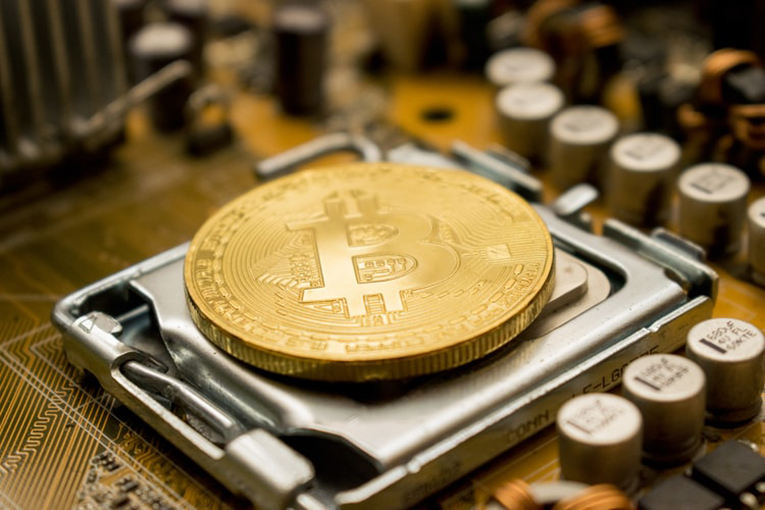Last Wednesday, the President of El Salvador, Nayib Bukele, announced that the country’s state-run geothermal energy utility, LaGeo, would begin using power derived from volcanoes for Bitcoin mining.
Read more of our news content, here; Luma Energy faces fire and cyberattack
Worth noting, this social media announcement came just hours after the country’s congress voted to make the cryptocurrency an acceptable legal tender.
El Salvador experiments on clean Bitcoin mining
Accordingly, Bukele tweeted; “I’ve just instructed the president of @LaGeoSV (our state-owned geothermal electric company), to put up a plan to offer facilities for #Bitcoin mining with very cheap, 100% clean, 100% renewable, 0 emissions energy from our volcanos.” Moreover, “this is going to evolve fast!” he added.
Indeed, throughout this year, several environmental and industry experts have said that Bitcoin mining can be very harmful to the environment. Particularly since it requires massive amounts of electricity to power the computers that generate the cryptocurrency.
However, on the other hand, Bitcoin advocates such as Twitter CEO Jack Dorsey say Bitcoin mining could lead to more renewable energy projects. For instance, the one being announced in El Salvador is setting a blueprint in this regard.
Why the environmental impact?
To provide a quick picture on the topic, and the importance of the invisible currency, in the Bitcoin world, there is a decentralized ledger of the cryptocurrency’s transactions, known as a blockchain.
Someone can create new entries in that ledger when by through her computer, she solves a complex mathematical puzzle to verify previous transactions. As a result, there’s a potentially significant payout. By solving one of those puzzles, people can process the next block in that massive ledger and earn or ‘mine’ 6.25 bitcoins. In fact, this amount’s current worth is nearly $230,000 today.
However, this process alone requires immense amounts of computing power. Particularly to run the superfast machines that solve these math problems and cool them when they overheat.
Moreover, “with Bitcoin miners located all over the world, the overall energy bill is immense,” notes NPR.
For instance, annually, Bitcoin mining uses about 105 terawatt-hours of electricity worldwide. This is the equivalent to all the energy used annually in the Philippines, says the Cambridge Bitcoin Electricity Consumption Index.
Under these circumstances, such revelations have led companies to find cleaner and cheaper ways to mine cryptocurrency. Accordingly, a company called Northern Bitcoin recently set up a data center in a former Norwegian metal mine using hydroelectric electric and wind power to run its computers. Besides, the company leverages cool water in the nearby area to cool the computers naturally, Forbes recently reported.
About the new law
Therefore, with geothermal energy, such as that slated to be used in El Salvador; the nation will harness the potentialities of Bitcoin while doing so through clean energy sources. For instance, that will be possible when the scorching volcano heats water underground; thus, creating a rush of powerful steam that can spin turbines and generate electricity.
Besides Bukele’s tweet, El Salvador’s Congress passed a new law making Bitcoin legal tender. Indeed, through this action, Bitcoin joins the U.S. dollar as the only other official currency in the country.
Therefore, according to the law, this decision comes as about 70% of the country’s population does not have access to “traditional financial services”. Thus, President Bukele said he hopes that making Bitcoin legal tender will drive investment in the nation. Besides, that it willincrease the wealth of its citizens.
Worth noting, the law will also require the government to provide “the necessary training and mechanisms;” Particularly, for Salvadorans to access transactions involving the cryptocurrency.
Finally, some criticism to last Wednesday’s announcement came from international organizations such as the International Monetary Fund (IMF). Accordingly, critics warned that the cryptocurrency’s value is volatile. Moreover, the designation of Bitcoin as legal tender “raises several macroeconomic, financial and legal issues that require very careful analysis.”


